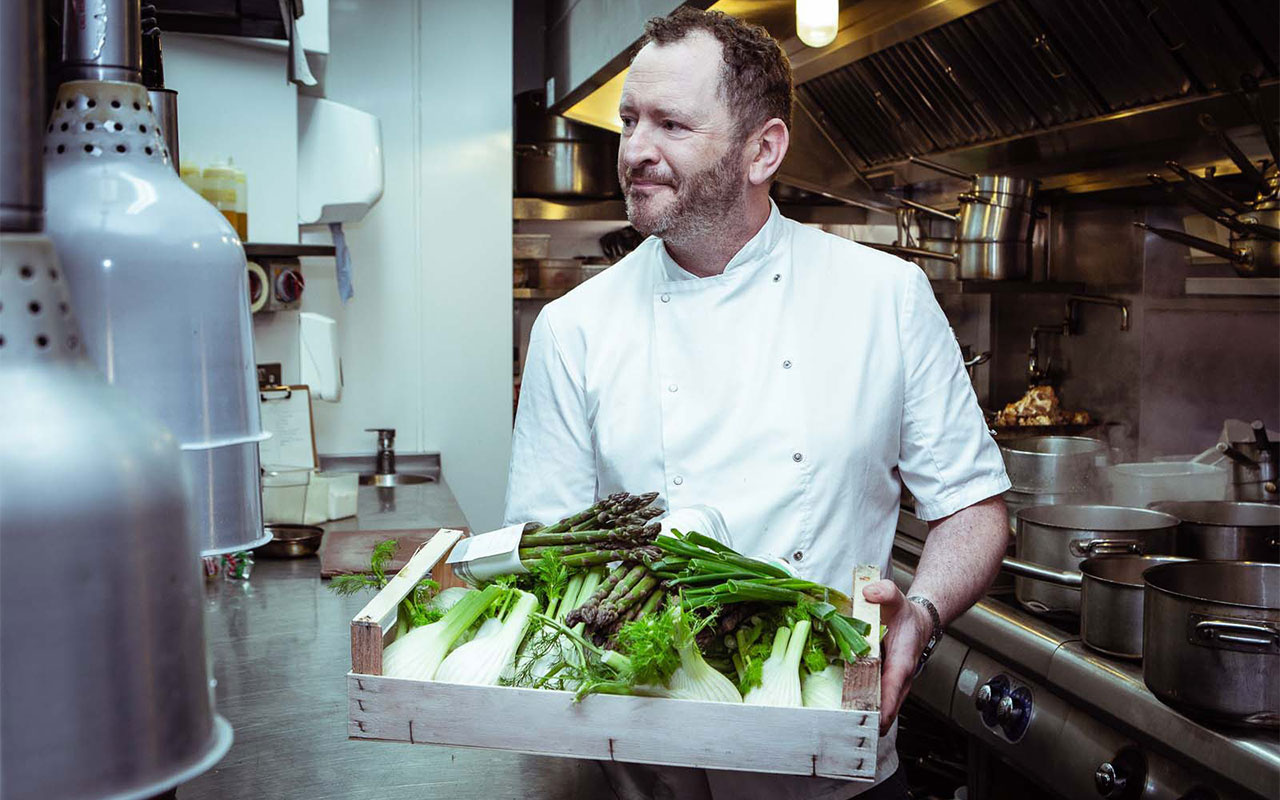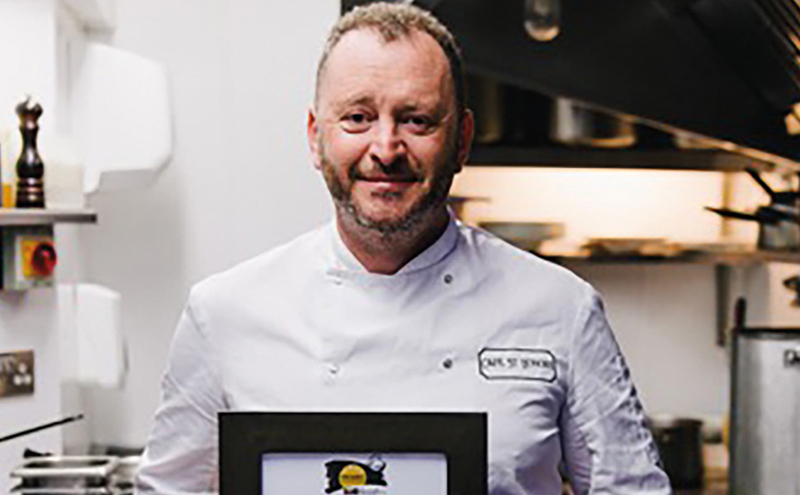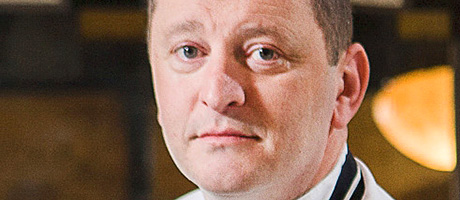Sustainability is on everyone’s lips, says chef Neil Forbes

How important do you think sustainability has become to consumers, and to what extent is this influencing their purchasing decisions in the on-trade?
I believe sustainability is on everyone’s lips. During a crisis, the penny drops for some that the better produce is usually more local. Planting that seed and following up on it is the way forward.
What steps has your company taken to enhance its own sustainability credentials and to encourage others to enhance their own?
We have taken several steps to increase our sustainability credentials by getting to the grass roots of who our customers are with the launch of our farmers’ market stall. That has given us the ability to talk directly to customers and has been invaluable in finding out what they want.
People seem to want to learn more about the food they eat and where it comes from. Even folk on a budget seem to want to support their local food heroes.
You need to lead from the front. The boss needs to take this new culture on board.
What simple steps can bar and pub operators take to make their businesses more sustainable?
Bar and pub operators can do a few simple things to make a difference for future generations.
Firstly, you need to lead from the front, the boss needs to take this new culture on board. It must be a culture that everyone adopts. Buy more locally, separate waste, promote local, historical dishes and drinks, be more aware of things like running taps and lights being left on, choose organic where possible, offer sustainable dishes and drinks, find green energy tariffs and the big one: tell people you are doing this, don’t do it in silence.
Can you provide any examples of particularly effective or original sustainability practices you have encountered in pubs, bars or restaurants?
I love seeing the increase in small, local breweries with beer that has character. I love a good pint and the increase in local beer has been fantastic. The rise of English wines is also something to champion.
A lot of English fizz beats French Champagne in blind tastings. The rise in local produce is wonderful to see with farm shops, markets and people being more generally aware.
I also like to see the names of farms or regions on menus; it doesn’t take much more effort to add this, and you will be more profitable because of it.
• Neil Forbes is chef director at Café St Honoré in Edinburgh.























